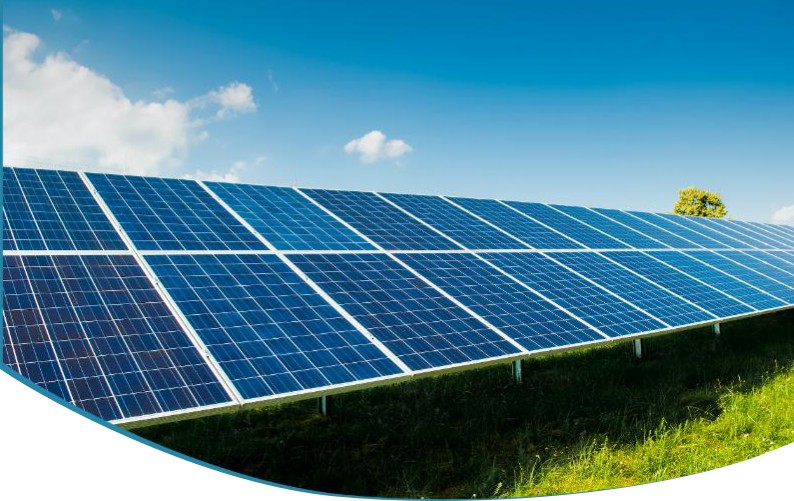Towards a “New Deal” for Economies of Scale and Inclusiveness - The Global Network of Regional Sustainable Energy Centers (GN-SEC)
GN-SEC means ”living empowerment”. The centers are advocates for a “New Deal” giving particularly LDCs, LLDCs and SIDS a stronger voice in shaping climate and technology transfer processes. The official mandate given by Ministers and Head of States, the intergovernmental character (based on int. agreements) and the close link to the RECs and national Ministries (through national focal points) give the centres high-level legitimacy.
From the very beginning, the centres are in the ownership and under the leadership of the respective sub-regional organization and its Member States. The centres are well embedded in the sub-regional decision-making structure and report usually to the RECs and their Member States. The centres employ domestic staff and seconded international experts. The centers are designed as hubs for all kind of domestic and international partnerships.
Building on country leadership within existing sub-regional cooperation entities and placing UNIDO in the role of a specialized policy, business and technical service provider and honest broker, the network puts the key principles of aid and development effectiveness (as defined in the Accra, Paris and Busan Declarations) into practice: It respects country ownership of development priorities coupled with results-oriented partnerships, transparency and shared responsibility.
Under the umbrella of the GN-SEC platform, UNIDO provides technical services for the establishment and operation of these centres throughout the preparatory and first operational phase. UNIDO acts also as facilitator and neutral moderator of the complex political process and dialogue between the Member States and the RECs. The RECs and their Member States are the owner of the progress and decide on the pace. It is envisaged that after the first operational phase the centres have reached self-sufficiency and UNIDO is becoming a technical partner like many others.
The GN-SEC model builds on already ongoing integration processes in the respective regions, lessons learned of UNIDO with the creation of similar technology centers (e.g. solar, hydro, hydrogen, biotechnology, Global Network of Resource Efficient and Cleaner Production Centers) and general integration theories and tools (e.g. European Integration).

Core principles of the GN-SEC program

- Programmatic approach (individual centers are part of a wider program)
- Demand-driven (based on requests by the regions)
- „No blueprints“ and tailored design to the individual needs and culture of the sub-region
- Ownership and leadership by the RECs and their Member States
- Hosted by an existing domestic institution or a Member State
- High level of legitimacy and intergouvernmental character (based on approvals by Ministers and/or Heads of States)
- Well embedded in sub-regional decision-making and policy processes
- Well-connected to national Ministries and policies through a network of national focal institutions
- Work complementary to the existing sub-regional institutions (e.g. RECs, utility organizations, regulatory authorities, associations)
- Use of domestic processes and systems (e.g. procurement, recruitment, financing and accounting)
- Financial sustainability through domestic contributions, international partnerships, fee-for-services and participation in call for proposals
- „Small is beautiful“ and „form follows function“ - centers expand based on mobilized resources
- Institutional "check and balances" through governance bodies (e.g. Executive Board, Technical Committee)
- Timely-limited UNIDO support for institution building, technical program development and moderation of the political processs
